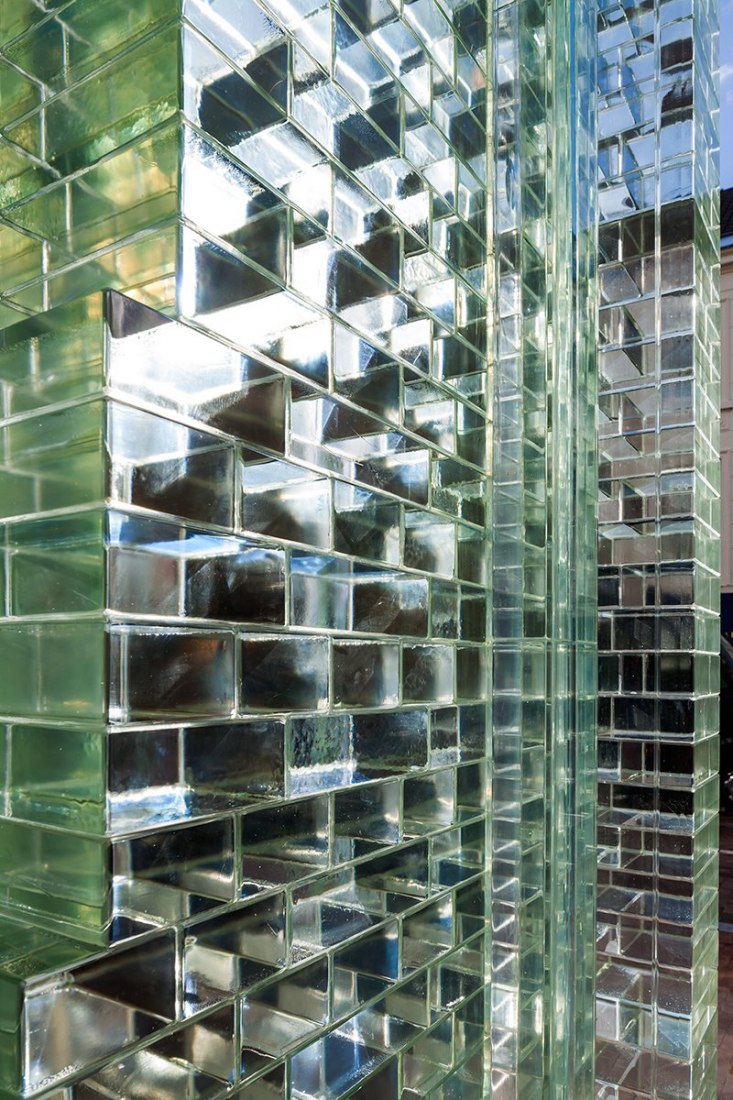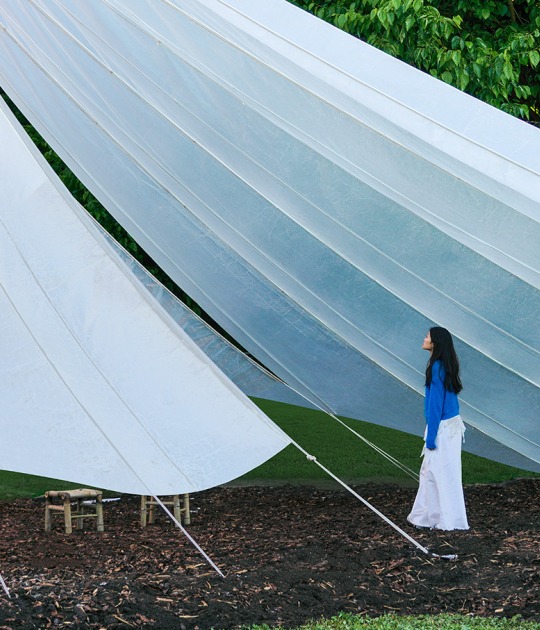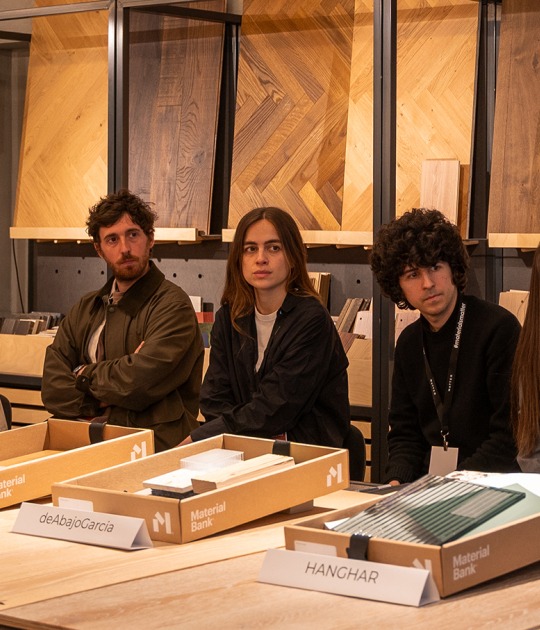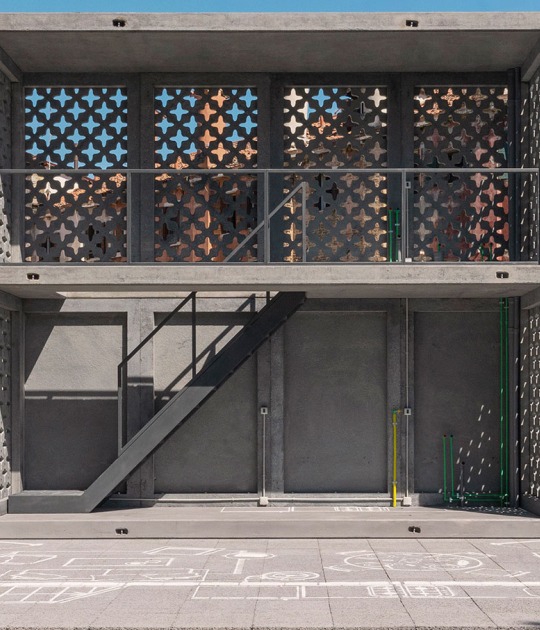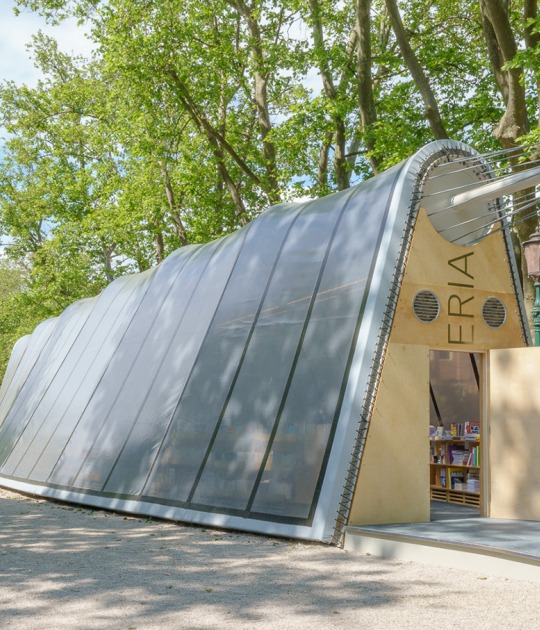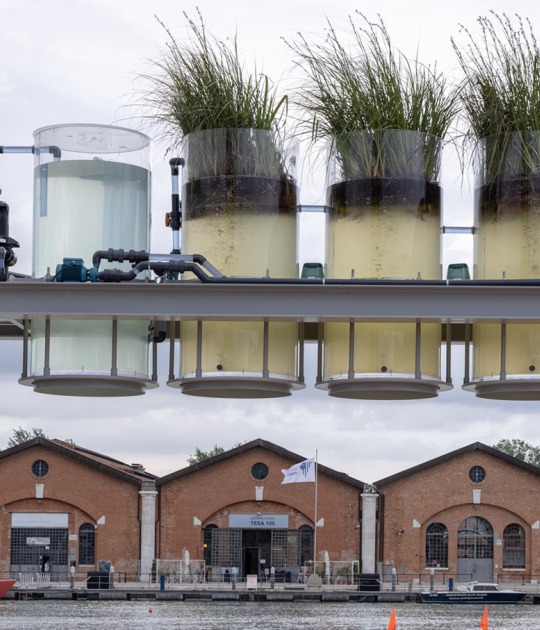The fully transparent facade of this iconic shop on the high-end shopping street of Amsterdam City, uses glass-shaped bricks, window frames and architraves that evokes the vernacular architecture of the area, with the aim of maintaining the place's character. The 620 m² of shops and the 220 m² of housing join the ambition of the city to have great shops without compromising the historical whole.
The innovative Crystal Houses, designed by MVRDV share their secrets in a new movie created by Robert Jan Westdijk for Warenar with the help of people and companies involved in creating them. The metodology of a pioneering technique for creating glass brick facades that METALOCUS brings to you.
The Crystal Houses, an MVRDV design located on P.C. Hooftstraat 94-96 in Amsterdam, shelter a luxury shop with a replica of the original facade made entirely out of glass. The retail and housing building was commissioned by the investor Warenar Real Estate. The film Crystal Houses is a Robert Jan Westdijk's work for Warenar, realized with the help of the people and companies involved in the creation of the project.
The fully transparent facade of this iconic shop on the high-end shopping street of Amsterdam City, uses glass-shaped bricks, window frames and architraves that evokes the vernacular architecture of the area, with the aim of maintaining the place's character. The 620 m² of shops and the 220 m² of housing join the ambition of the city to have great shops without compromising the historical whole.
The fully transparent facade of this iconic shop on the high-end shopping street of Amsterdam City, uses glass-shaped bricks, window frames and architraves that evokes the vernacular architecture of the area, with the aim of maintaining the place's character. The 620 m² of shops and the 220 m² of housing join the ambition of the city to have great shops without compromising the historical whole.
More information
Published on:
December 16, 2016
Cite:
"Movie documents MVRDV's technique for creating of Chanel glass brick façade" METALOCUS.
Accessed
<https://www.metalocus.es/en/news/movie-documents-mvrdvs-technique-creating-chanel-glass-brick-facade>
ISSN 1139-6415
Loading content ...
Loading content ...
Loading content ...
Loading content ...
Loading content ...
Loading content ...
Loading content ...
Loading content ...
Loading content ...
Loading content ...
Loading content ...
Loading content ...
Loading content ...
Loading content ...
Loading content ...
Loading content ...
Loading content ...
Loading content ...
Loading content ...
Loading content ...
Loading content ...
Loading content ...
Loading content ...
Loading content ...
Loading content ...
Loading content ...
Loading content ...
Loading content ...
Loading content ...
Loading content ...
Loading content ...
Loading content ...
Loading content ...
Loading content ...
Loading content ...
Loading content ...
Loading content ...
Loading content ...
Loading content ...
Loading content ...
Loading content ...
Loading content ...
Loading content ...
Loading content ...
Loading content ...
Loading content ...
Loading content ...
Loading content ...
Loading content ...
Loading content ...
Loading content ...
Loading content ...
Loading content ...
Loading content ...




